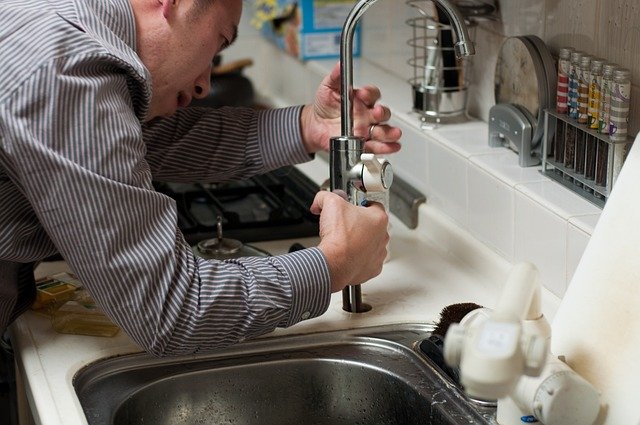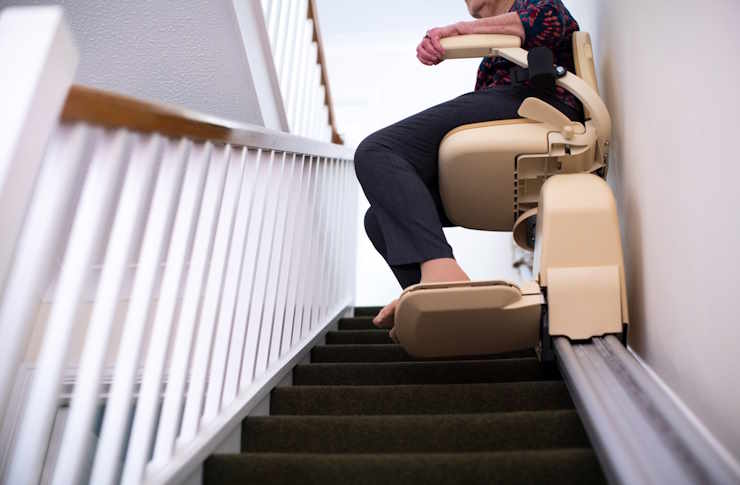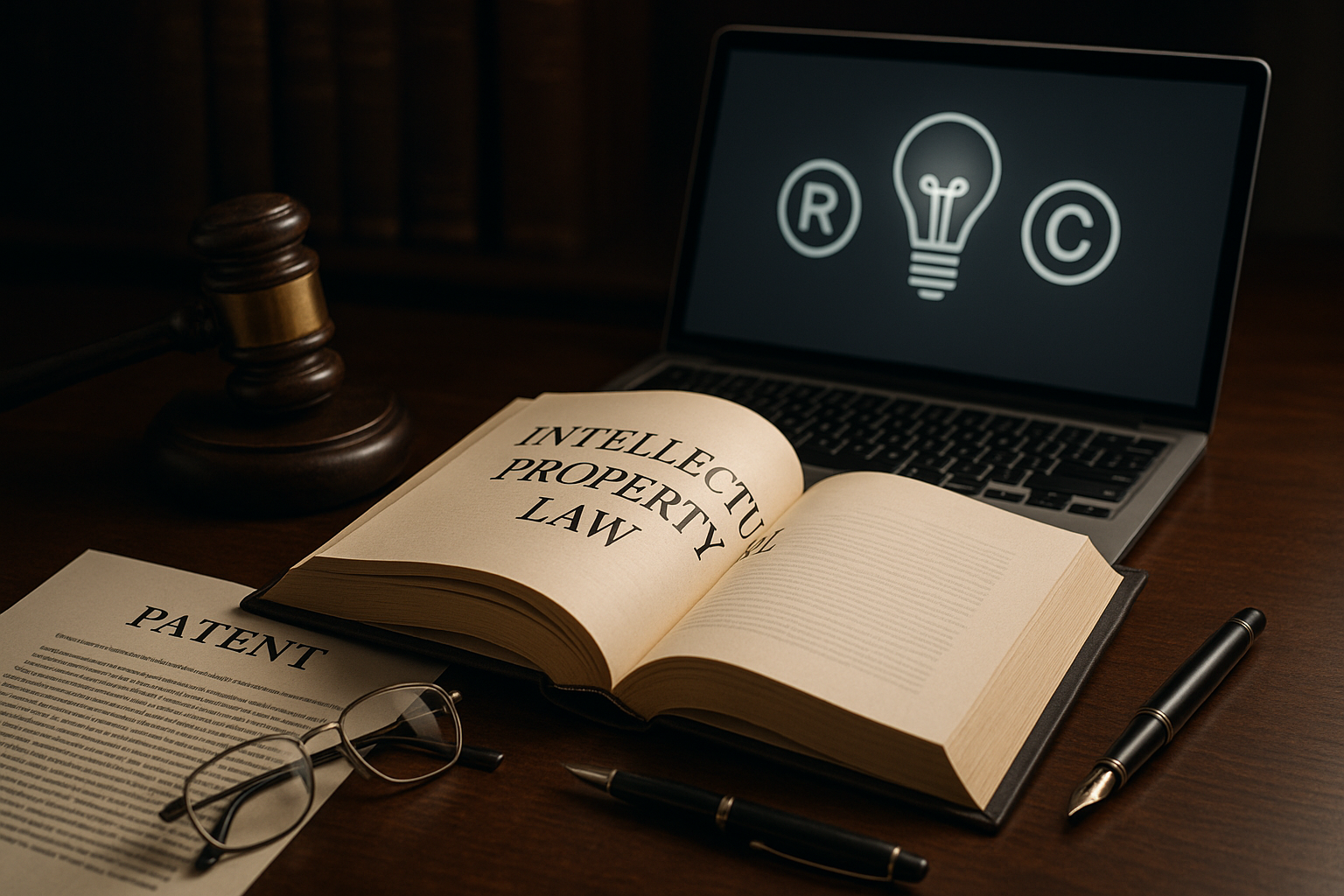Start your eco-upgrade in Austria
Bottled water is expensive, inconvenient, and damaging to the planet. Across Austria, more households adopt home water filtration systems to reduce plastic waste and save money. One reliable filter can replace hundreds of single-use plastic bottles, providing clean, fresh water. Choosing home filtration supports sustainability and offers a convenient, economical alternative to bottled water.

Why Are Austrian Households Moving Away from Bottled Water?
Austrian families are increasingly recognizing the environmental and financial burden of bottled water consumption. The average Austrian household spends between €300-500 annually on bottled water, while simultaneously contributing to the country’s plastic waste problem. Each plastic bottle takes approximately 450 years to decompose, creating long-term environmental consequences that conflict with Austria’s strong sustainability values.
The convenience factor also plays a crucial role in this transition. Carrying heavy water bottles from stores, storing them at home, and managing the constant need for replenishment has become increasingly impractical for busy Austrian families. Home filtration systems eliminate these logistical challenges while providing unlimited access to clean drinking water.
What Types of Water Filtration Systems Work Best in Austria?
Austria’s generally high water quality means that different filtration approaches serve various household needs. Activated carbon filters excel at removing chlorine taste and odor while maintaining beneficial minerals naturally present in Austrian tap water. These systems work particularly well in urban areas like Vienna, Salzburg, and Innsbruck where municipal water treatment already meets strict EU standards.
Reverse osmosis systems provide the most comprehensive filtration, removing virtually all contaminants including heavy metals, bacteria, and dissolved solids. These systems prove especially valuable in rural Austrian regions where well water or older infrastructure may present quality concerns. Multi-stage filtration systems combine different technologies, offering customizable solutions that address specific regional water characteristics throughout Austria’s diverse geographical landscape.
How Much Can You Save by Switching to Filtered Water?
The financial benefits of home water filtration become apparent within the first year of installation. Austrian households consuming two liters of bottled water daily typically spend €400-600 annually, while a quality home filtration system costs €150-800 initially with annual maintenance expenses of €50-150. This represents potential savings of €200-400 per year after the initial investment period.
Beyond direct cost savings, filtered water systems eliminate transportation costs and time investments associated with purchasing bottled water. The convenience of unlimited filtered water at home translates to additional indirect savings through reduced shopping trips and storage requirements.
Which Installation Options Suit Austrian Homes Best?
Austrian housing characteristics influence the most practical filtration system configurations. Traditional Alpine homes with robust plumbing systems accommodate under-sink installations easily, while modern apartments in cities like Graz and Linz benefit from countertop or faucet-mounted systems that require no permanent modifications.
Point-of-entry systems serve larger Austrian households or multi-generational homes common in rural areas, filtering all incoming water for drinking, cooking, and bathing. These comprehensive systems work particularly well with Austria’s typically stable water pressure and quality infrastructure, providing whole-house filtration without compromising flow rates.
What Unique Benefits Do Austrian Water Conditions Offer?
Austria’s Alpine geography provides naturally soft water in many regions, reducing the need for specialized hardness removal systems common in other European countries. This natural advantage means Austrian households can focus filtration efforts on taste improvement and contaminant removal rather than addressing mineral imbalances.
The country’s strict water quality regulations and regular testing protocols ensure that home filtration systems enhance already-safe municipal water rather than addressing serious contamination issues. This regulatory environment allows Austrian families to choose filtration systems based on preference and convenience rather than necessity, making the transition from bottled water a lifestyle choice rather than a health requirement.
| System Type | Provider | Initial Cost | Annual Maintenance | Key Features |
|---|---|---|---|---|
| Under-sink Carbon Filter | BRITA Professional | €200-350 | €80-120 | Easy installation, preserves minerals |
| Countertop RO System | Aqua Living Austria | €400-600 | €100-150 | Comprehensive filtration, portable |
| Whole-house System | Grünbeck Wasseraufbereitung | €800-1,200 | €150-200 | Complete home coverage, high capacity |
| Faucet-mounted Filter | TEKA Austria | €50-150 | €40-80 | No installation required, budget-friendly |
Prices, rates, or cost estimates mentioned in this article are based on the latest available information but may change over time. Independent research is advised before making financial decisions.
How Do Austrian Regulations Support Home Filtration?
Austria’s water quality standards exceed EU minimum requirements, creating an ideal foundation for home filtration systems. Regular municipal water testing and transparent quality reporting allow Austrian households to select filtration systems that complement existing water treatment rather than compensating for deficiencies.
Local Austrian suppliers provide certified systems that comply with national health and safety standards, ensuring compatibility with existing plumbing codes and building regulations. This regulatory support simplifies the transition to home filtration while maintaining the high water quality standards Austrian families expect.
The shift toward home water filtration represents more than a practical household upgrade for Austrian families. It embodies the country’s commitment to environmental responsibility while delivering tangible financial benefits and improved daily convenience. As more Austrian households recognize these advantages, home filtration systems continue gaining acceptance as the logical alternative to bottled water consumption, supporting both personal and national sustainability goals.




